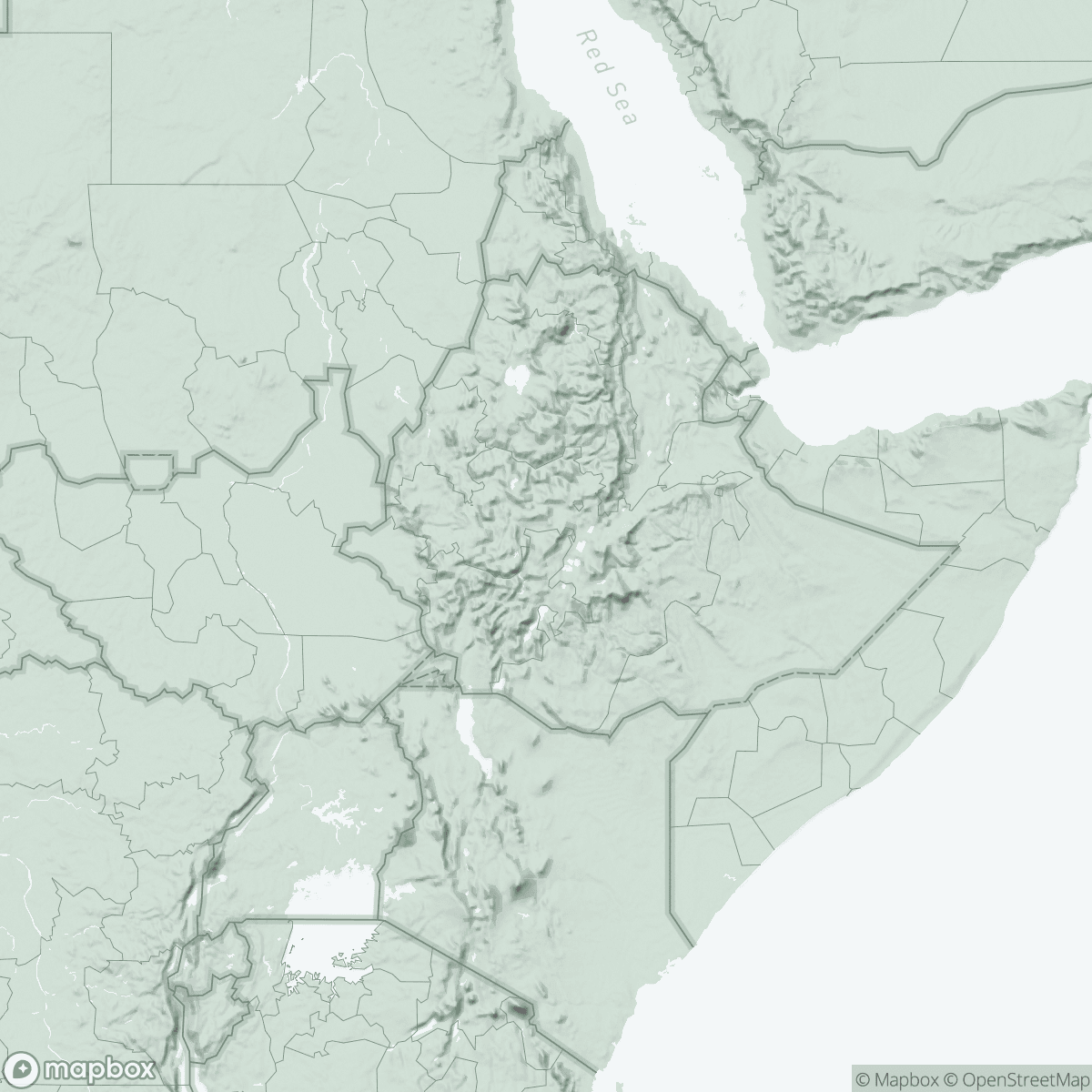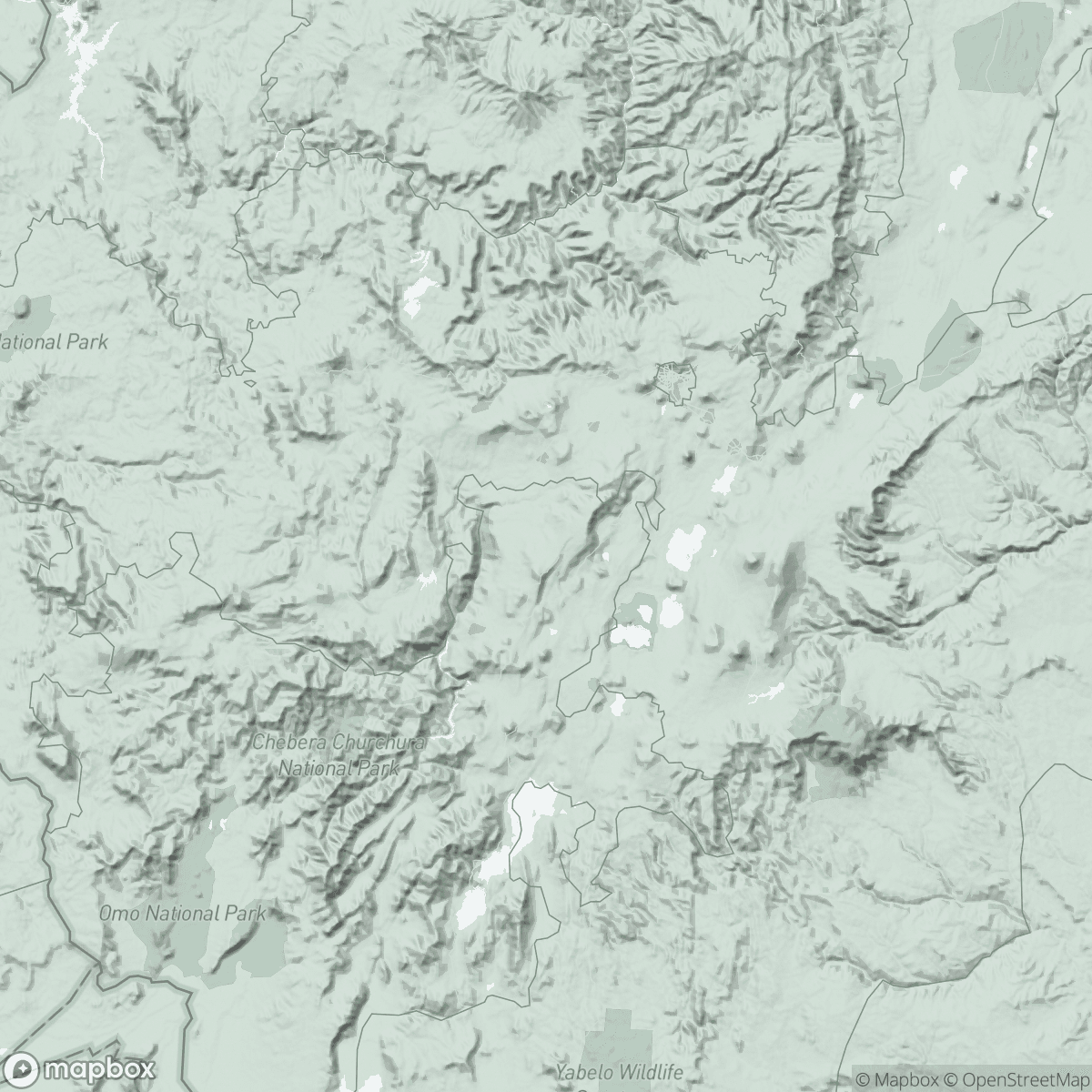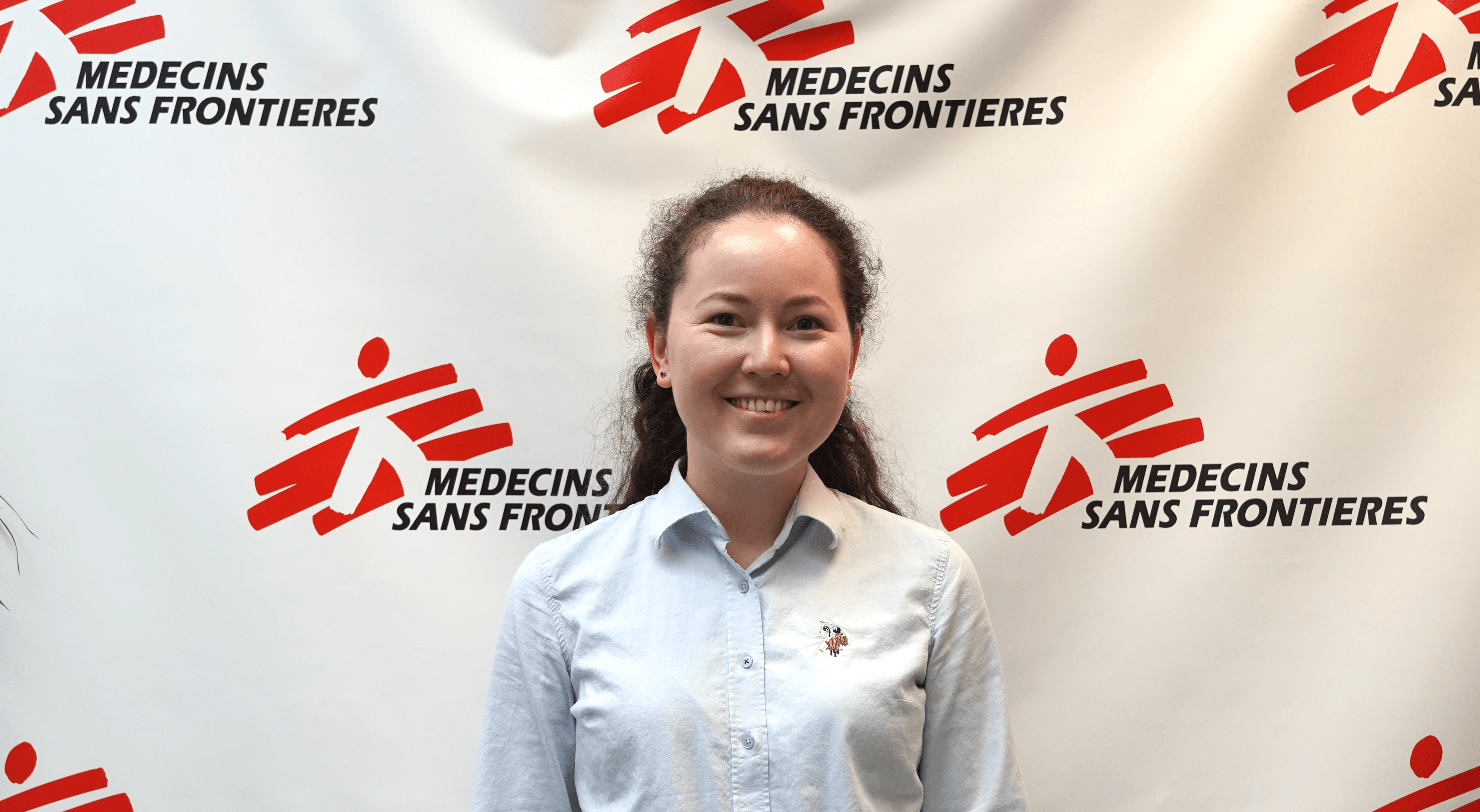
“We have to constantly look for legal solutions to minimise risks to patients and staff”
In 1 click, help us spread this information :
Luxembourgish resident and Legal Advisor with Médecins Sans Frontières (MSF), Nailia Savenkova has spent her two-months mission in Ethiopia (from October to December 2024) tackling complex legal and administrative challenges to ensure critical humanitarian operations run smoothly. Working with the Belgian and Dutch section of MSF across eight different contexts, including Addis Ababa, Nailia’s role is pivotal in navigating local legal frameworks, drafting contracts, and mitigating risks for patients and staff. Immersed in one of MSF’s most diverse and challenging operational contexts, her mission underscores the vital behind-the-scenes efforts that enable lifesaving care in some of the most underserved areas.
Immersed in one of MSF’s most diverse and challenging operational contexts, her mission underscores the vital behind-the-scenes efforts that enable lifesaving care in some of the most underserved areas.
Why did you decide to go on the mission?
I wanted to immerse myself in a mission closely aligned with the settings where MSF operates its projects. From this perspective, Ethiopia was the ideal context for me, given the diverse range of MSF activities there, including both long-term initiatives and emergency responses.
What was your typical day like?
My day usually began at 8 a.m. As my role involves daily support for the projects, I worked closely with my colleagues in the field. The wide range of activities we handle requires various premises—different types of compounds, warehouses for medical supplies, and other resources. To support these operations, we manage numerous agreements: contracts, memorandums of understanding with authorities, hospitals, health centers, and NGOs, as well as framework agreements. My responsibilities included drafting letters, attending meetings with stakeholders, and providing legal support for these processes.
Another key aspect of my work was analyzing the local legal framework and administrative challenges affecting MSF's operations. I coordinated the implementation of legal and policy solutions to ensure our teams could provide the assistance needed by the population.
As an intersectional legal adviser, my days were quite different from those of medics, paramedics, or logistics staff in the field. Two MSF sections—MSF Belgium and MSF Holland—currently operate in Ethiopia, and I support both. Together, they manage eight projects across the country, including regions where MSF is often the sole humanitarian organisation. While this increases the value of our work, it also brings significant challenges.
What were the most difficult things, or what was the most difficult moment?
One challenge I faced was adapting to Ethiopia's unique calendar and time system (the Ge’ez Calendar).
Security on the field, however, is the most significant challenge not just in Ethiopia but in many MSF contexts. This reality impacts the organization profoundly, and we are constantly seeking solutions—including legal ones—to minimize risks to both patients and staff.
Language barriers were another difficulty in communicating with the local population and authorities. Ethiopia's cultural and linguistic diversity is immense, with five official languages—Amharic, Oromo, Somali, Afar, and Tigrinya—all widely spoken depending on the region. These languages are also used in official documents and legal proceedings. I was fortunate to receive strong support from my colleagues in navigating these challenges.
On the bright side, I greatly enjoyed learning about Ethiopian traditions, such as coffee ceremonies with popcorn, and trying local foods like injera, which is both delicious and nutritious.
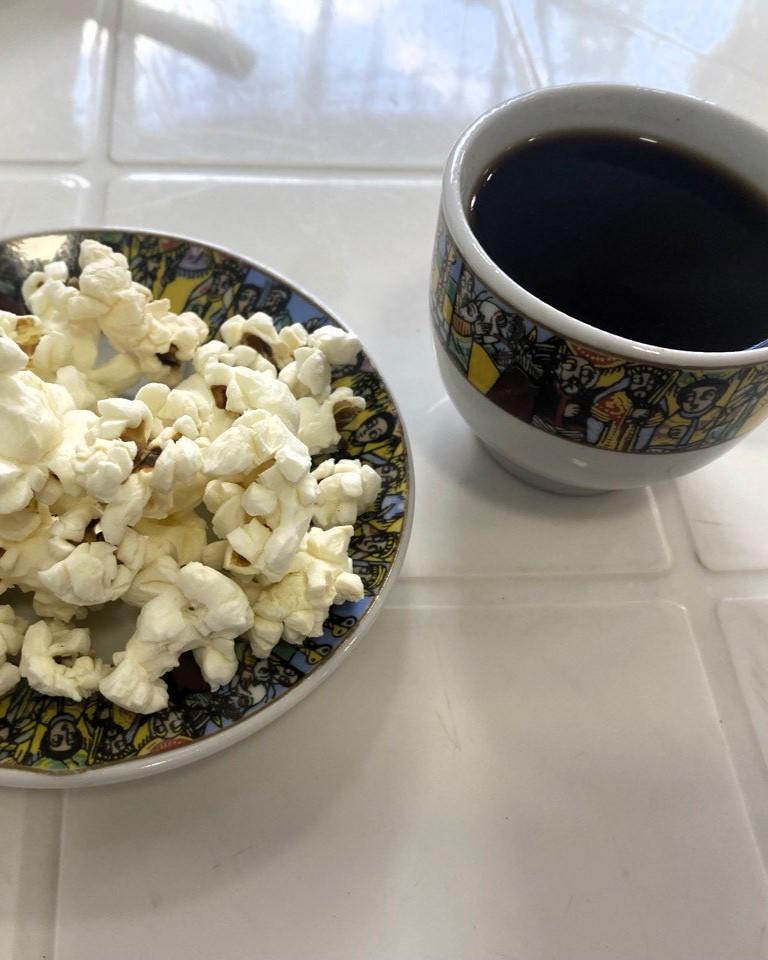
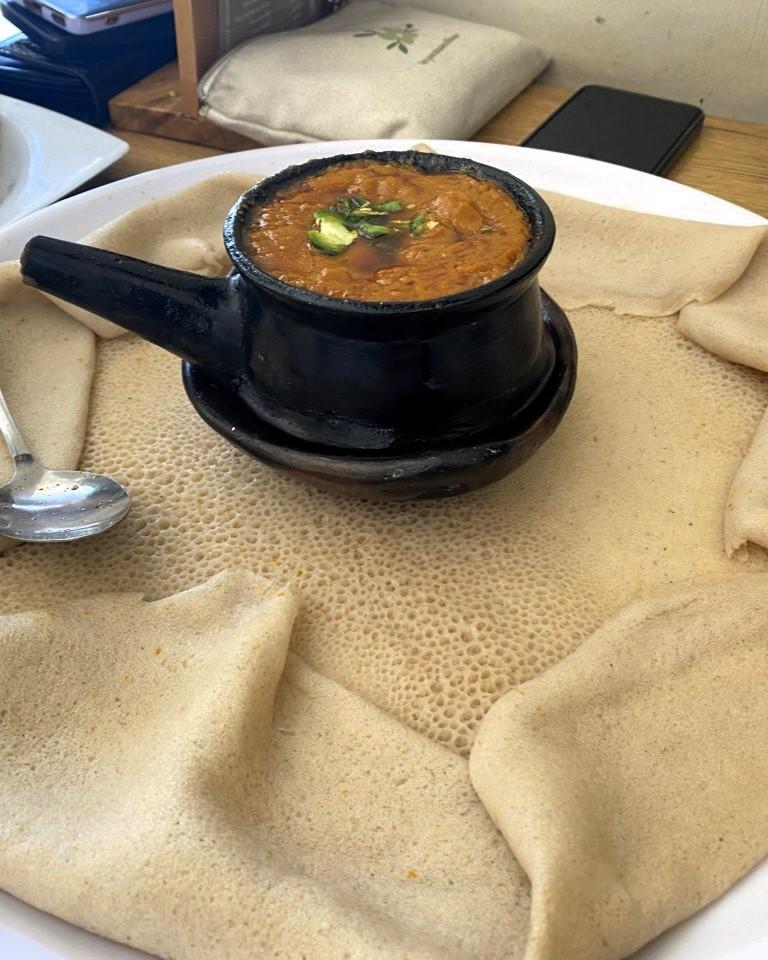
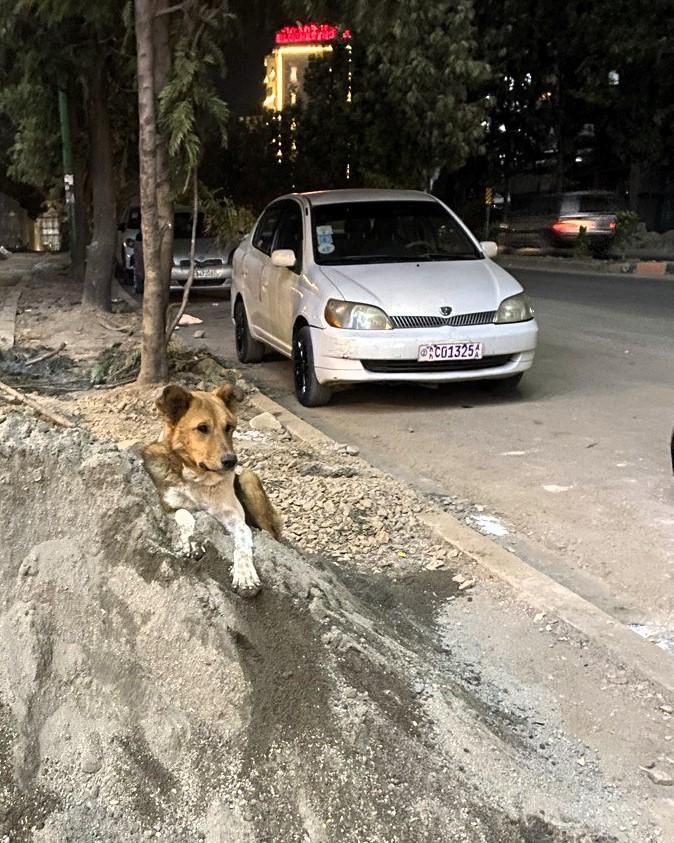
A funny anecdote?
Before arriving in Addis Ababa, I had a deep fear of dogs due to an incident about a year ago. Addis is full of street dogs, and my first week—commuting 15 minutes to and from the office—was a real challenge. However, it turned into a kind of therapy for me. By the end of my mission, I no longer feared dogs and even began to recognize and greet the familiar faces of street dogs on my way to work and back.
Is there a person, a story, or a moment that has particularly marked you?
I feel privileged to have met so many inspiring colleagues during this mission. Both locally hired staff and international MSF workers are incredible people. They speak multiple languages, possess a wide range of skills, and are deeply committed to supporting those in need.
The one thing you never forget in your suitcase before you leave?
On this mission, I bought a small doll in a traditional Ethiopian dress from a local market as a gift for my friends who had just welcomed a baby girl. It was very important to me to bring that back for them.
Any final words for the people watching or listening to us?
I want to sincerely thank all the donors for their support. Every contribution makes a significant difference in our ability to respond to emergencies and address gaps in healthcare for internally displaced people and refugees in Ethiopia.
Dedicated teams, like those joined by Nailia, are working tirelessly to provide care in the midst of this growing humanitarian crisis.
